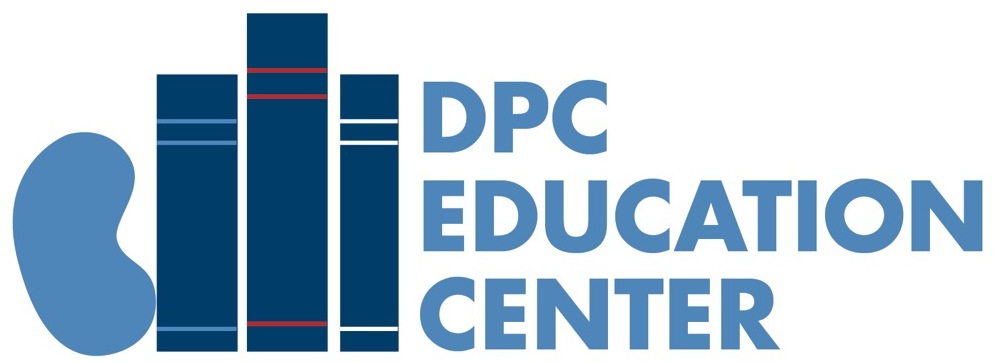
In 2006, the Centers for Disease Control and Prevention (CDC) estimated that chronic kidney disease (CKD) affects more than 26 million Americans. This figure continues to increase and recent estimates place the burden at over 30 million. Having CKD can mean changes to your life, but learning as much as you can, will help you make decisions and be in control of your health care and your life.
Kidneys are very important organs that have many jobs. They not only remove extra fluids and waste products, but they also help to regulate blood pressure, balance chemicals, maintain bone health, and keep us from becoming anemic.
Once kidney function declines to a certain point, waste products and excess fluid build up in the blood and can make you feel sick. Symptoms can include making less urine than normal, extreme tiredness or weakness, shortness of breath, swelling in the face, feet or hands, nausea or vomiting, a loss of appetite, a change in how things taste, and even confusion.
When kidneys are so damaged that only about 15% of their function is left, your kidneys will no longer be enough for your body. When this happens you need dialysis or a kidney transplant to keep living. Then you have time to make plans and prepare for the treatment you and your doctor decide will work best for you. Your health care team will include your doctor, nurses, a social worker, and a dietitian. You and your family will work with them to make sure you know all that you can to make this decision.



